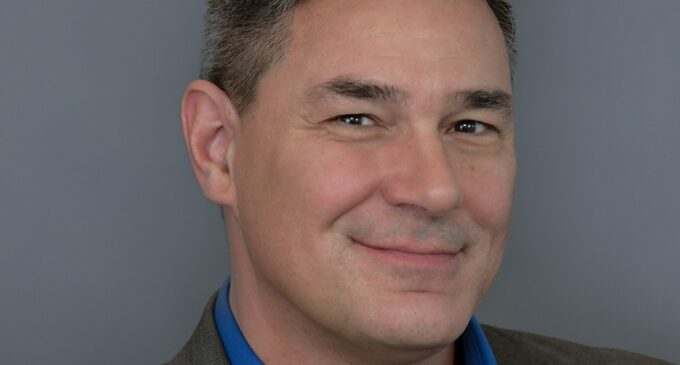Economist Tells Pac-West: ‘Don’t Over Respond’

“Go out and do business,” Dr. Chris Thornberg of Beacon Economics advised the Pacific-West Fastener Association. “But beware – not afraid” and “don’t overextend or over borrow.”
 The current top economic driver is the strength of U.S. households, Thornberg said.
The current top economic driver is the strength of U.S. households, Thornberg said.
Speaking at the spring 2025 Pac-West conference, Thornberg pointed out that inflation is down and the credit supply is up.
The first eight weeks of the second Trump administration are full of “news and policy chaos,” and the world “trade turbulence could set off an external crisis earlier.”
So far, Taiwan – a major fastener producer – has not been threatened with tariffs, Thornberg noted.
The lower U.S. birthrate and crackdown on immigration during a strong economy could create a labor supply shortage, he cautioned.
Current consumer demand is “still solid,” but could take a hit as tariffs increase prices. The value of the U.S. dollar and interest rates are a “risk” to the economy.
Thornberg said the first job is to “deal with the deficit,” which he termed “unsustainable.” He predicted a deficit crisis in the next few years.
Existing home sales are down, Thornberg noted. In 2010 there weren’t enough buyers. Today there aren’t enough sellers.
There are problems with calls to build housing, he explained. Rather than construction of “affordable homes,” the real process is people move up into newer, more expensive housing.
“Builders have to delivery a product that is needed.”
Economic reality may be less important than the “narrative.” Last year the national mood was “awful,” with 70% of Americans feeling inflation was outpacing income. At the end of 2024 the “economy was on fire, inflation was under control and the stock market up.”
A majority of Americans don’t affiliate with either political party and “vote on vibe,” Thornberg said.
“Politicians are slave to the narrative,” Thornberg said.
Thornberg reviewed the narrative of U.S. economy of recent years:
- 2019 – the real estate recession;
- 2020 – the pandemic;
- 2021 – the non-recovery;
- 2022 – inflation;
- 2023 – the “yield curve” recession;
- and 2024, the “envy of the world.”
The 2025 narrative could become the “trade war recession,” Thornberg speculated.
The U.S. economy will respond to narratives vs. reality, Thornberg predicted. But the narrative is important.
“We don’t think as much as we think we think.” Web: Pac-West.org


There are no comments at the moment, do you want to add one?
Write a comment